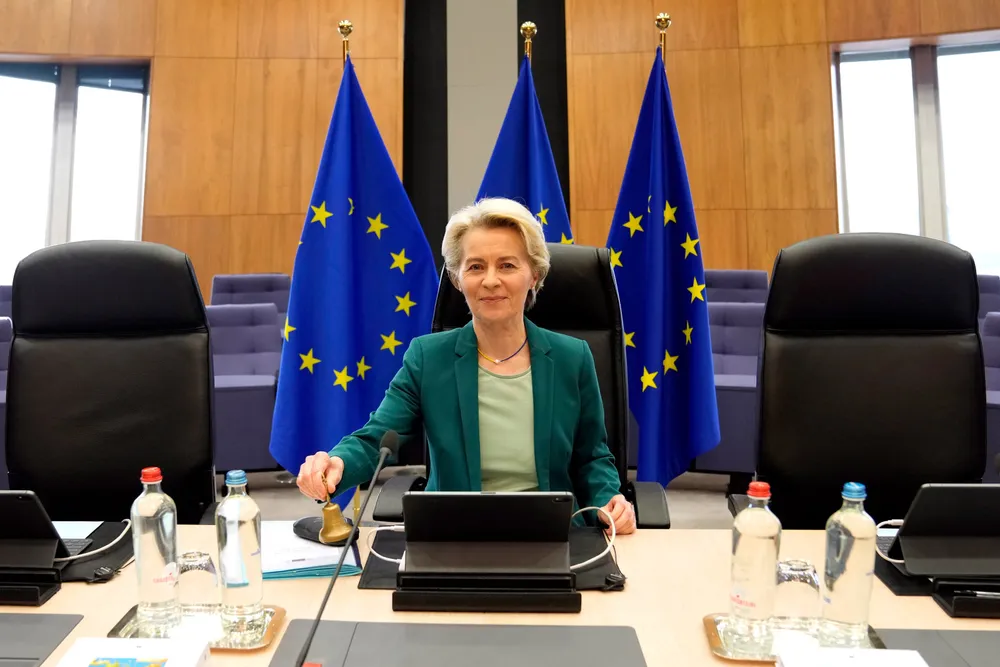EU pushes clean-energy accelerator with transition package and new CCS target
New legislation sets goal of 50 million tonnes of annual carbon dioxide storage capacity by 2030

New legislation sets goal of 50 million tonnes of annual carbon dioxide storage capacity by 2030
